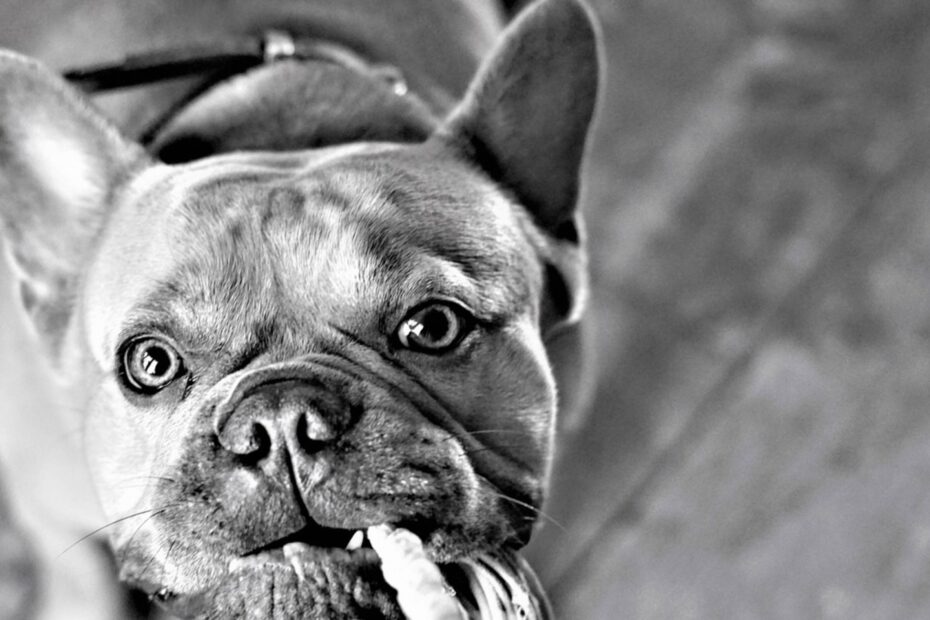Hi Doggy Pawrents!
I get it. Training your pup can sometimes feel like wrangling a tornado in a fur coat. But what if I told you that there’s a way to turn the chaos into pure canine magic? Get ready to chuck the stress out the window and embrace the “Train, Don’t Strain” philosophy at Little Angels Dog Training. I’m about to explain to you how to raise a well-behaved dog without losing your sanity!
The Doggy Dilemma: Strain or Train?
So, picture this: You’ve got a frisky Fido who’s more interested in chasing their tail or digging up your petunias than sitting when asked. You’re attempting to train them with all the sternness of a drill sergeant, and they’re giving you the classic “I’d rather be anywhere else” look. In the past we were taught that we needed to train our dog for at least an hour a day, take them on a daily walk and teach them that we were the Alpha. Sound familiar? Don’t worry; we’ve all been there. But maybe, just maybe, it’s time to toss the stern act and put on your playful training hat.
The Playful Approach: It’s a Win-Win!
Imagine training your dog while you both have a blast. Think about teaching tricks and cues without feeling like you’re auditioning for the next doggy boot camp reality show. A playful approach makes your dog excited to learn and keeps you from morphing into the Horse Whisperer’s distant cousin, the Dog Yeller. You both have more fun learning this way.
Toys for Training
Let’s start with an oldie but a goodie: toys. Sure, you’ve played tug or fetch a million times, but have you ever thought about using them to reinforce training? Take a ball or toy with you during your training sessions and toss or tug with it when your pup gets it right. It’s like giving your dog a high-five, but with a toy. You doggo friend will keep coming back for more when they figure out how much fun training can be. Want your pup to learn impulse control – reward with a game of tug after an ”out”. Need your pup to retrieve the sock they just stole – offer them a game of fetch when they return the sock to you and you swap if for a tug or squeaky toy. Want to teach your dog to become calm after a rough game – let them take their toy to their mat. Do you get the idea?
Recall For The Win
Teach your dog to come running when you call their name. They will learn to Lurrve their name. Hide behind a tree, couch, or a curtain (as long as they can’t see you), and when they find you, reward them with some of their daily food allowance and praise for being so clever. It’s like a game of espionage, and your dog is the world’s cutest secret agent.
Loving their name is the key to success in relationship building. Make it playful and rewarding. Ladies have an advantage here with a higher pitched voice. Guys, get your squeak on! If you use a growly voice or yell your doggy’s name then they will think they are in trouble and instead of bounding towards you they will likely run and hide or slink towards you, trying to appease you to avoid conflict. Is this the kind or relationship you want with your pooch?
I always say that it’s in the delivery. I’ve often told Stan Lee that “I’m so mad at you that I could lock you in the laundry for a time out” but it’s most often been in a calm voice with a smile on my face. All he’s hearing is blah, blah, blah from his Furmum. The trouble he got up to was probably an hour ago and he can’t even remember what he did. I missed a training opportunity, and it was ALL MY FAULT for not managing the situation. Please don’t poison your pooches’ name or you are in a world of recall pain. Can you be frustrated with your pup, sure, but whatever they’ve done that’s upset you is always your fault. Let me repeat that. Whatever your dog has done that’s upset you is your fault. Did you put the dishes away? Did you limit their access to the clothes on the line while you were out? Did you make sure that they weren’t home alone so long that they went potty on the floor? Did you make the kids pick up their socks? Your dog doesn’t know what acceptable behaviour in your home is until you teach them. They don’t come hardwired to live in our human world.
No More Command and Conquer
So, let’s just get some background. The 1970 Alpha (or Dominance) Theory was redacted by the original author, David Mech, in 1999. So that’s a theory that is over 50 years old that was redacted by the author over 2 decades ago. The theory is so old that it can legally buy a beer and vote. Yet, the theory is still pervasive in dog training showing how careless some trainers can be in keeping their skills up to date. More modern techniques such as positive reinforcement games-based training are based on scientific evidence on how canines, humans and other species learn. Don’t get stuck in the time warp.
Now let’s talk about positive reinforcement training methods. Learning theory demonstrates that all species learn faster and have better and longer lasting results from positive reinforcement rather than aversive or even balanced (mixed) techniques. There’s a great video on YouTube by Veterinary Behaviourist, Dr Orion, that explains some of the science. This video on Punishment vs Reward training is soooo worth a watch . Shock collars are banned in New South Wales however other aversive collars such as prong collars are not (as at writing in 2023).

Prong collar photo from RSPCA
The Bottom Line: Fun Equals Success
Here’s the secret sauce to “Train, Don’t Strain” training: fun equals success. Your dog wants to please you, and a playful approach helps them understand that learning is a game. So, why not make it the best game in town?
Training cues don’t have to be all stern and serious. Make them part of your daily routine and sprinkle them throughout the day. It only takes a few minutes three times a day to train your Fido. Use the time while you’re waiting or the kettle to boil to play I Lurrve My Name. Catch those few minutes before your favourite show starts to play Look at Me. Have a minute of fun while you’re pegging washing on the line to play Boop the Snoot or Middle.
We get it; we all want our pups to be little angels, but we don’t want to lose our sanity in the process. At Little Angels Dog Training, I’ve found that a playful approach to training is not only effective but downright enjoyable for both you and your furry friend. So, grab those toys, get ready to laugh, and let’s make training time the best time of the day!
Let me know in the comments any of fun games you play with your Furchild.
Hxx



Absolutely love the games and the bonds we are building.
This method is a total game changer for us!!